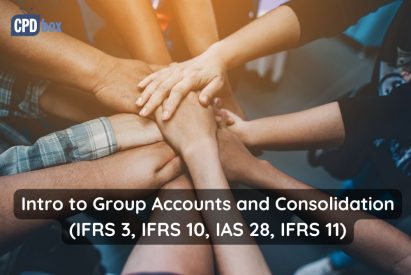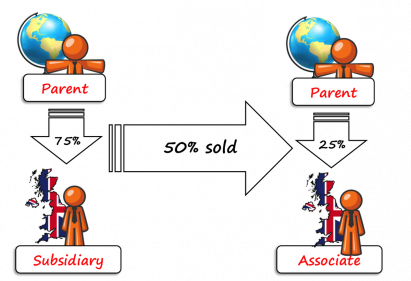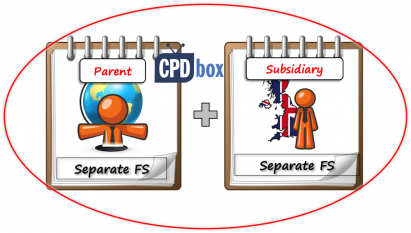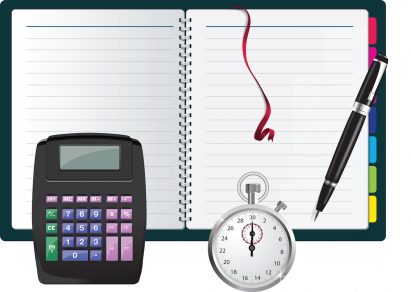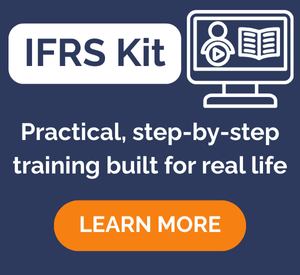Complete IFRS Consolidation Lecture: IFRS 3 | IFRS 10 | Examples
This is a complete almost 80-minute IFRS consolidation lecture that puts you on the solid starting point: The content of this lecture (with links to text versions) Introduction to group accounts / consolidation IFRS 3 Business Combinations – summary of rules IFRS 10 Consolidated Financial…
Intro To Consolidation And Group Accounts – Which Method For Your Investment?
Last update: December 2024 Group accounting – what to do and how to start? The accounting method depends on the type of investment that an investor has. In this article, you will learn: What shall we do to start? IFRS Accounting Standards dealing with group…
IFRS 3: A Business or an Asset?
Last update: August 2023 Did you note that with the globalizing world, the number of large entities decreases and their size increases? Just as an example – 20 years ago, there were about 50 large media companies in the USA, controlling US entertainment industry. I…
Example: IFRS 10 Disposal of Subsidiary
Updated 2025: Disposal of a subsidiary step-by-step under IFRS 10 lecture: Some time ago I published an article with an example of very simple method of consolidating a parent and a subsidiary. This article still applies and you can learn the basic steps and methodology…
How to Consolidate Special Purpose Entity
Last update: 2023 I lost my first serious job in Arthur Andersen in 2001. I was devastated, because I really loved that job. Yes, it was full of hard work and long overtimes, but it was the best accounting and auditing school ever. How did…
How The Groups Change
Group accounts are a very popular topic and yes, I can understand it as it’s a main topic for many accounting exams. I have written a few articles about it, including: Intro to group accounts and consolidation; Example: How to consolidate; and a few summaries…
Example: How to Consolidate
Updated in 2025: Step-by-step solved example of consolidation under IFRS 10 with video. You will learn exactly WHAT you are doing and WHY you are doing this. If you apply this systematic method, your balance sheet will always BALANCE with no errors.
IFRS 10 Consolidated Financial Statements
In my previous article I introduced the world of group accounts and consolidation to you. You learned that there about 6 IFRS dealing with this topic. Here, I’d like to summarize the first “consolidation” standard dealing with the consolidated financial statements: IFRS 10. What is…
Top 5 IFRS 2014 and 2013 Changes
The year 2013 started off with some really significant IFRS amendments that you need to take into account when preparing your IFRS financial statements as at 31 December 2013. Although these changes should be applied in the year 2013 for the first time, you also…
Recent Comments
- Tan Chee Hong on Retention in construction contracts
- Ahumuza on Accounting for discounts under IFRS
- Saheed Kehinde on How to account for intercompany loans under IFRS
- hassan ali on IFRS 15 Explained: Full Guide on 5-step Model for Revenue Recognition + Free Journal Entries Template
- BiG4 on IAS 23 Borrowing Costs Explained (2025) + Free Checklist & Video
Categories
- Accounting Policies and Estimates (14)
- Consolidation and Groups (25)
- Current Assets (21)
- Financial Instruments (56)
- Financial Statements (54)
- Foreign Currency (9)
- IFRS Videos (74)
- Insurance (3)
- Most popular (6)
- Non-current Assets (56)
- Other Topics (15)
- Provisions and Other Liabilities (46)
- Revenue Recognition (27)
- Uncategorized (1)


